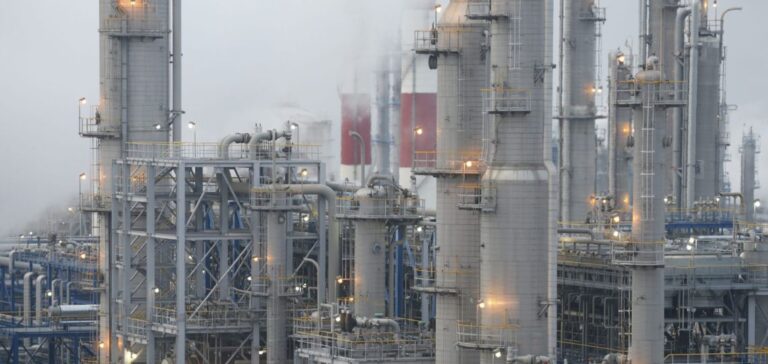The naphtha imported by South Korea comes from Tunisia, which in turn imports it from Russia, creating a new trade route.
A new trade route
Naphtha, of which South Korea is the world’s largest importer, transits through Tunisia. In 2021, the country bought about 590,000 tons from Russia, which it uses for petrochemical products. This represents about a quarter of the country’s imports.
According to data from the Korea National Oil Corp (KNOC), South Korea imported 740,000 barrels, or 82,000 tons of naphtha from Tunisia last month. In addition, Seoul is expected to receive about 274,000 tons of naphtha this month.
These figures seem to demonstrate a new petrochemical route from Russia. Thus, since August 2022, the Russian naphtha lands at the port of La Shkirra in Tunisia. It seems that last October, Tunisia shipped its first shipment to South Korea.
A country of transit
Tunisia rarely imports naphtha. However, between August and November 2022, the country receives 410,000 tons of light distillate from Russia, compared to none for the entire year 2021. However, in 2021, Tunisia exported 21,000 tons per month of this distillate mainly to European countries.
No authorities are willing to speak out. However, the naphtha arriving at La Skhirra is stored there. Traders are keeping an eye on the price trend.
Nine Coral Energy vessels were going to Tunisia, chartered by non Tunisian clients. The company specifies that it does not have a storage place in Tunisia. Finally, these ships got their changes from the port of Novorossiysk, Russia.





















